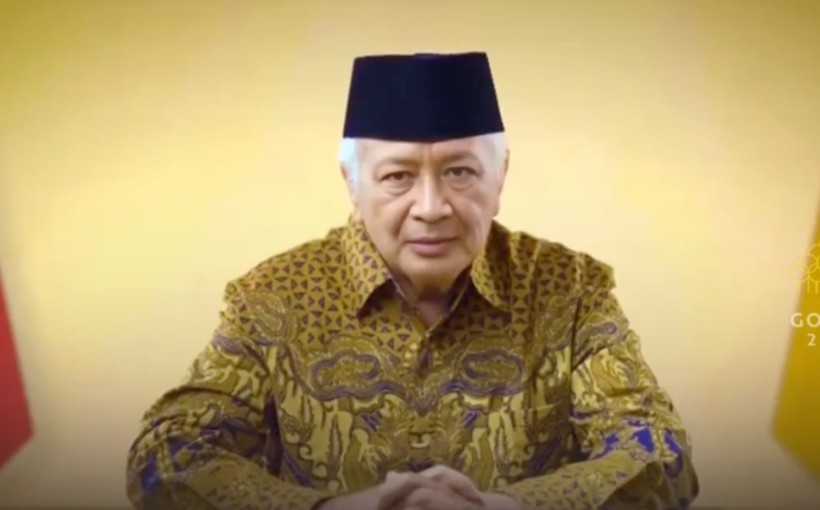
Indonesia, the world’s third-largest democracy, goes to the polls on February 14 to elect a new president. It’s one of the largest elections to take place since an explosion of generative AI tools became available that can manipulate video and audio – and a number of deepfake videos have gone viral during the campaign.
In this episode of The Conversation Weekly podcast, we look at what Indonesia’s experience is revealing about the disinformation battleground ahead in 2024, when an estimated 4 billion voters will be eligible to vote in an election.
Some of Indonesia’s deepfake videos are fairly easy to debunk. One, which went viral in January, shows a video of Suharto, the former president of Indonesia, endorsing his former political party, Golkar. Suharto, whose 32 years in power were marked by a brutal military dictatorship, died in 2008.
Others are a bit more subtle. Lilik Mardjianto, a journalism lecturer at Universitas Multimedia Nusantara in Indonesia, says a few deepfakes use “factual videos but manipulate the voice using AI” to make it sound like a politician is speaking in another language. In one, Joko Widodo, the outgoing president, is depicted speaking in Mandarin. Other videos have depicted two candidates for the 2024 election speaking in Arabic.
For Nuurianti Jalli, an expert on disinformation in south-east Asia at Oklahoma State University in the US, these deepfakes, even when they’re crude, can influence the political conversation.
Indonesia is a Muslim majority country, number one in the world. And having presidential candidates speaking fluent Arabic, people see it as a good reflection of Muslim leaders. So that you can see how, in Indonesia, AI-generated content can create more awareness about the presidential candidate and eventually can, perhaps create more positive perception of this candidate.
Indonesians are no strangers to disinformation spread on social media. “Hoaks”, as they’re called in Indonesia, proliferated during the last presidential election campaign in 2019. Jalli says rumours spread online also contributed to post-election violence in which ten people were killed during protests against the re-election of Widodo.
In 2024, teams of journalists are racing to fact check claims and content ahead of the polls, including The Conversation in Indonesia.
But Jalli says the factcheckers she’s spoken to worry they’re now playing catch-up with AI-generated hoaxes. “Everything goes viral first” and then journalists try to “debunk that after millions of people watched it”, she says.
Listen to Jalli and Mardjianto plus Nurul Fitri Ramadhani, politics editor at The Conversation in Indonesia on The Conversation Weekly podcast. You can also read more about disinformation in the Indonesian election on The Conversation.
This episode of The Conversation Weekly was written by Mend Mariwany, and produced by Mend Mariwany and Gemma Ware. Sound design was by Eloise Stevens, and our theme music is by Neeta Sarl. Stephen Khan is our global executive editor, Alice Mason runs our social media and Soraya Nandy does our transcripts.
You can find us on X, formerly known as Twitter @TC_Audio, on Instagram at theconversationdotcom or via email. You can also subscribe to The Conversation’s free daily email here.
Listen to The Conversation Weekly via any of the apps listed above, download it directly via our RSS feed or find out how else to listen here.
![]()
F.X. Lilik Dwi Mardjianto's research on the fact-checking audience has been supported by the Indonesian Cyber Media Association. Nuurrianti Jalli does not work for, consult, own shares in or receive funding from any company or organisation that would benefit from this article, and has disclosed no relevant affiliations beyond their academic appointment.



